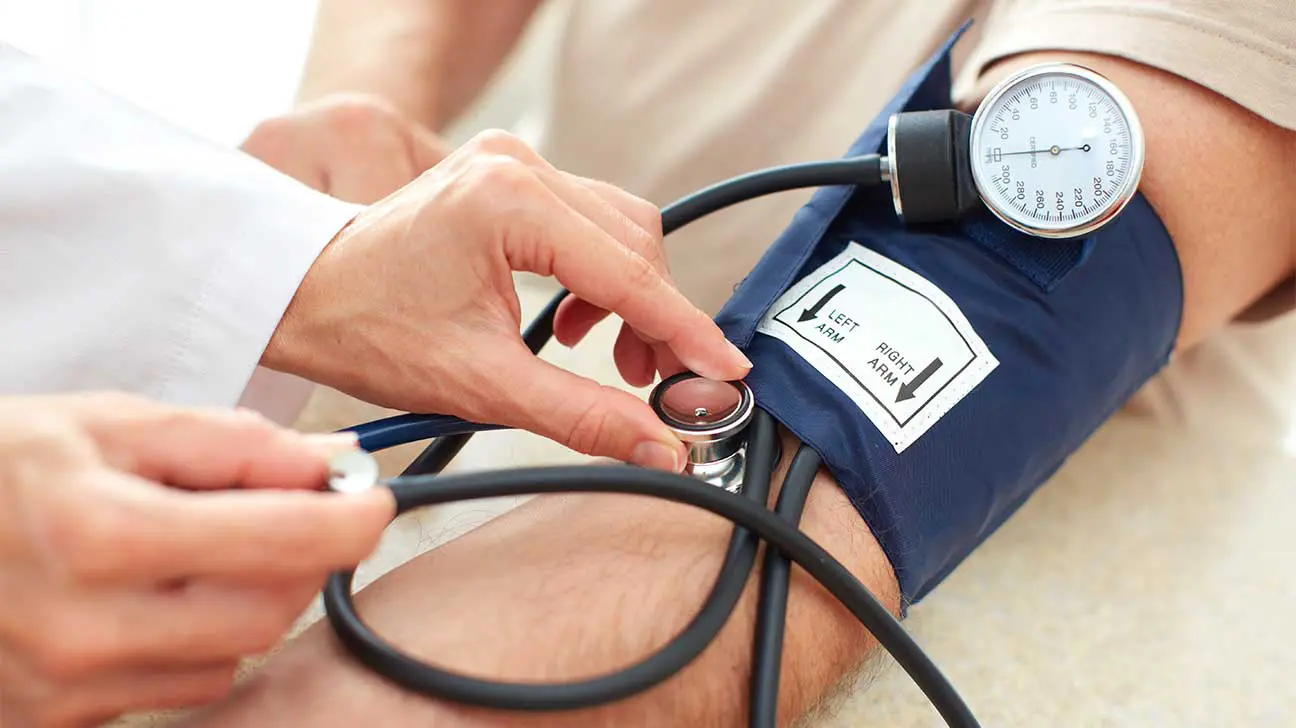
Methadone is a medication for opioid use disorder. It’s not generally known to raise a person’s blood pressure. However, elevated blood pressure can be a symptom of methadone withdrawal.
Methadone withdrawal does not develop in people who are taking methadone as directed. Experiencing high blood pressure while taking methadone may be a sign of another health issue.
Find out more about the physical effects of methadone
Increased Blood Pressure Caused By Methadone Withdrawal
Methadone is an opioid drug. Withdrawal from opioid drugs like methadone can cause a range of physical and psychological symptoms, including increased blood pressure.
What a normal blood pressure level looks like:
- Less than 120 systolic mm Hg (upper number)
- Less than 80 diastolic mm Hg (lower number)
Methadone withdrawal symptoms can occur if you miss a dose of methadone, or if you try to stop taking methadone too quickly after developing physical dependence.
Opioid withdrawal symptoms may also occur if the dose of methadone a person is taking is not sufficient to meet their needs. In this case, this may be something worth exploring with a doctor.
Can Methadone Cause Low Blood Pressure?
Methadone can cause decreased blood pressure, due to its depressant effects. Moreover, other factors, including the dose taken, may also influence a low blood pressure reading.
What can cause low blood pressure while taking methadone:
- depressant effects on the nervous system
- taking a very high dose of methadone
- use of methadone with other CNS depressants
- compromised ability to maintain blood pressure
People who plan to take methadone for opioid addiction should inform their doctor of any pre-existing health conditions, including hypotension or hypertension, prior to taking methadone.
Get More Information About Methadone Treatment Today
Methadone is a safe and effective treatment for opioid addiction when taken as directed by a doctor.
For more information about the side effects of methadone or how to find methadone treatment, call our helpline to speak to one of our trained staff members today.
Addiction Resource aims to provide only the most current, accurate information in regards to addiction and addiction treatment, which means we only reference the most credible sources available.
These include peer-reviewed journals, government entities and academic institutions, and leaders in addiction healthcare and advocacy. Learn more about how we safeguard our content by viewing our editorial policy.
- American Heart Association — Understanding Blood Pressure Readings
https://www.heart.org/en/health-topics/high-blood-pressure/understanding-blood-pressure-readings - Substance Abuse and Mental Health Services Administration (SAMHSA) — Methadone
https://www.samhsa.gov/medication-assisted-treatment/medications-counseling-related-conditions/methadone - U.S. Food & Drug Administration (FDA) — DOLOPHINE (methadone hydrochloride)
https://www.accessdata.fda.gov/drugsatfda_docs/label/2015/006134s038lbl.pdf - U.S. National Library of Medicine: MedlinePlus — Methadone
https://medlineplus.gov/druginfo/meds/a682134.html


